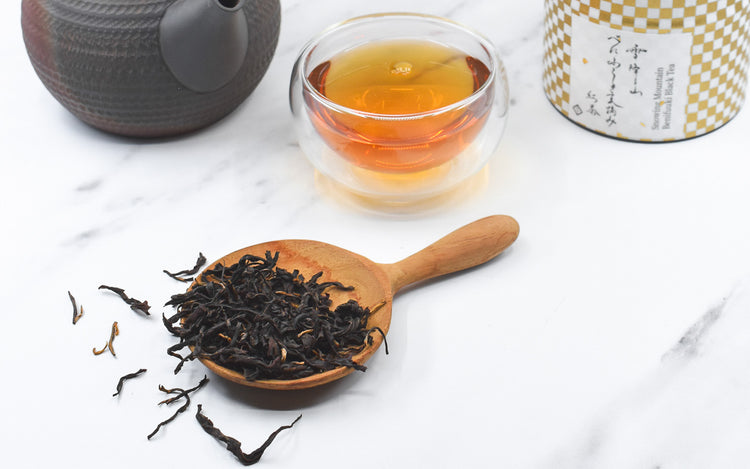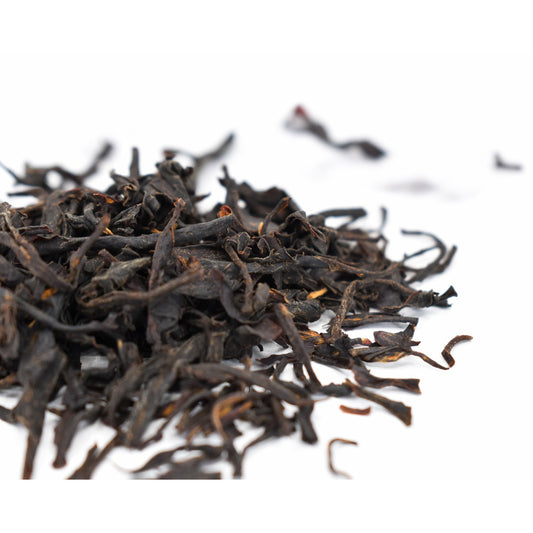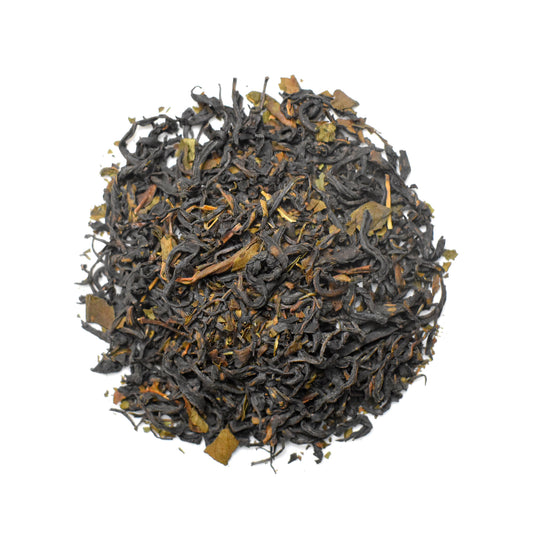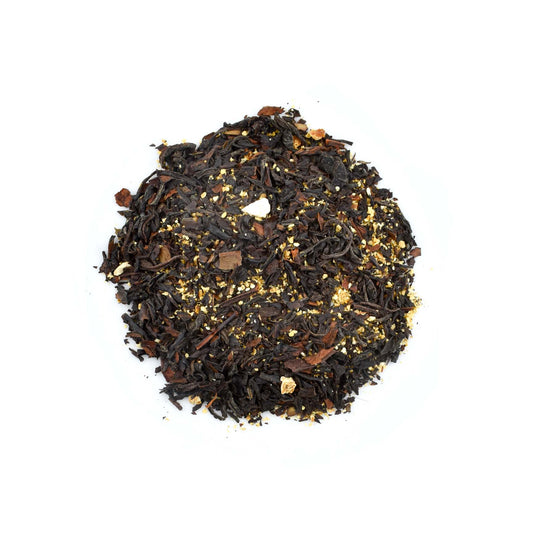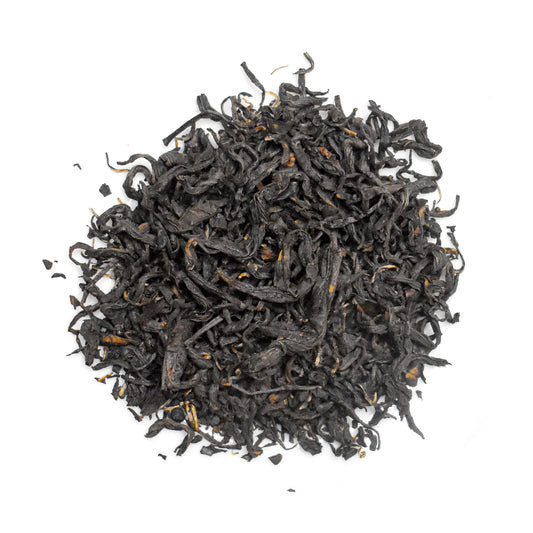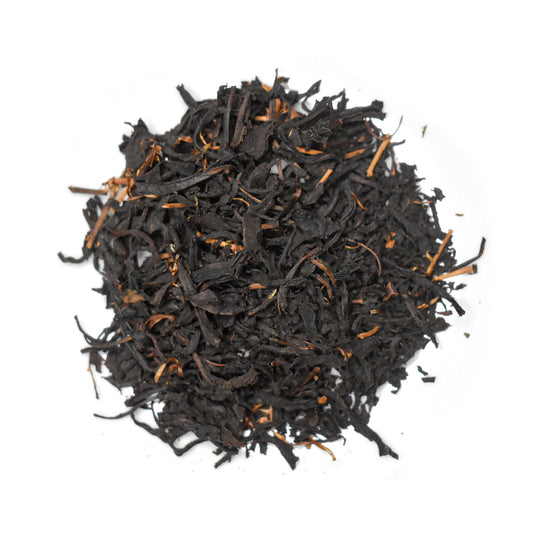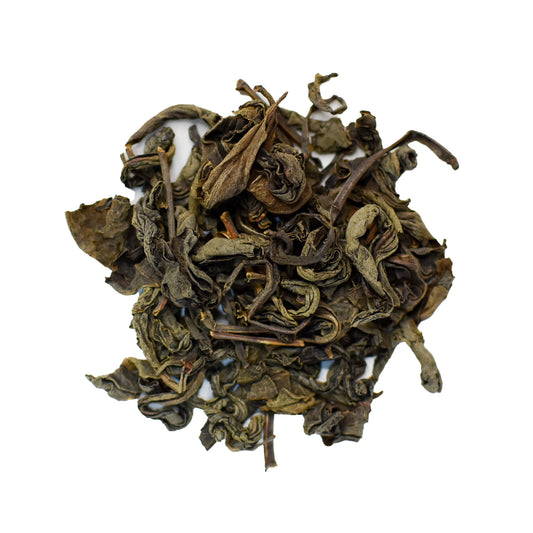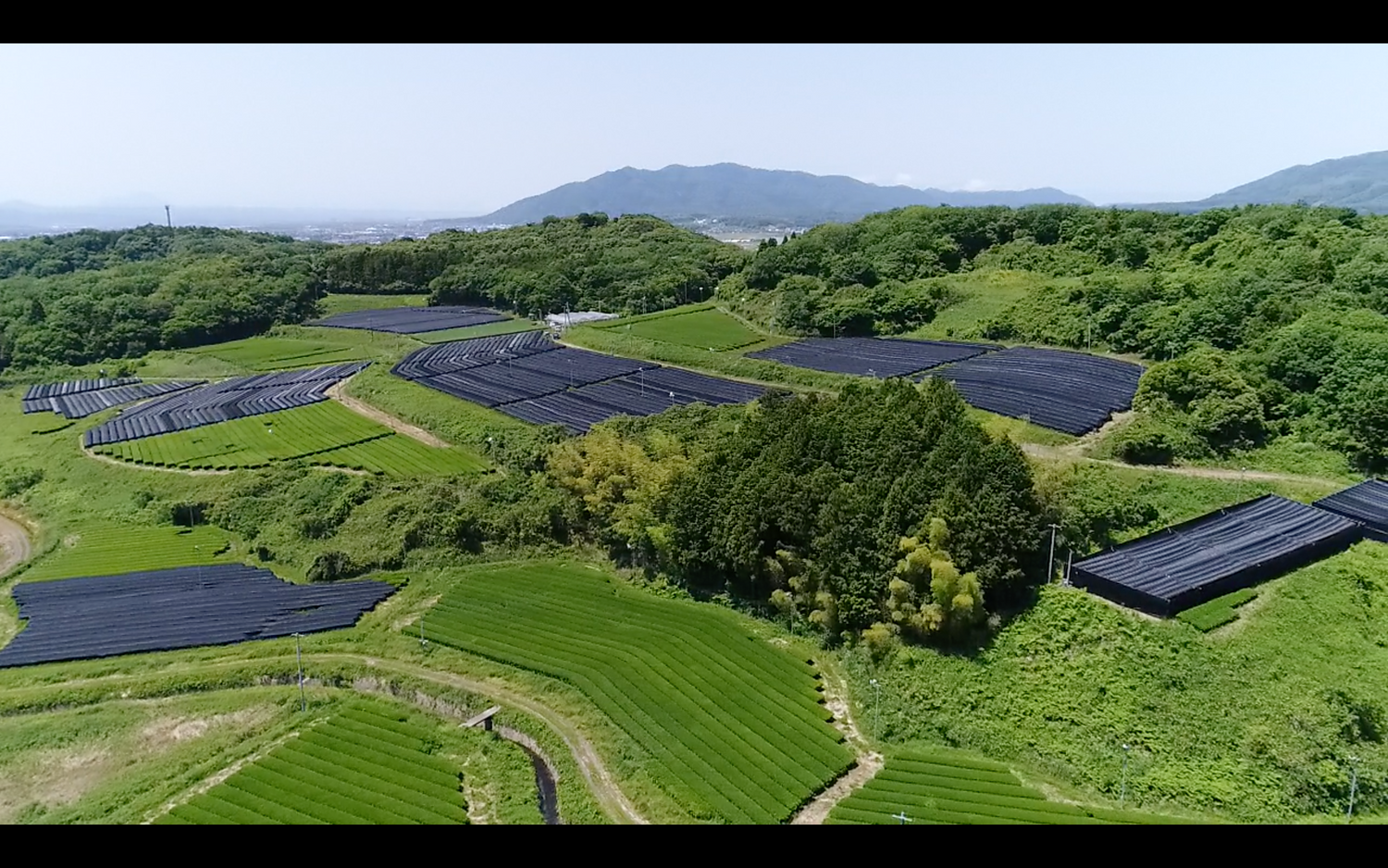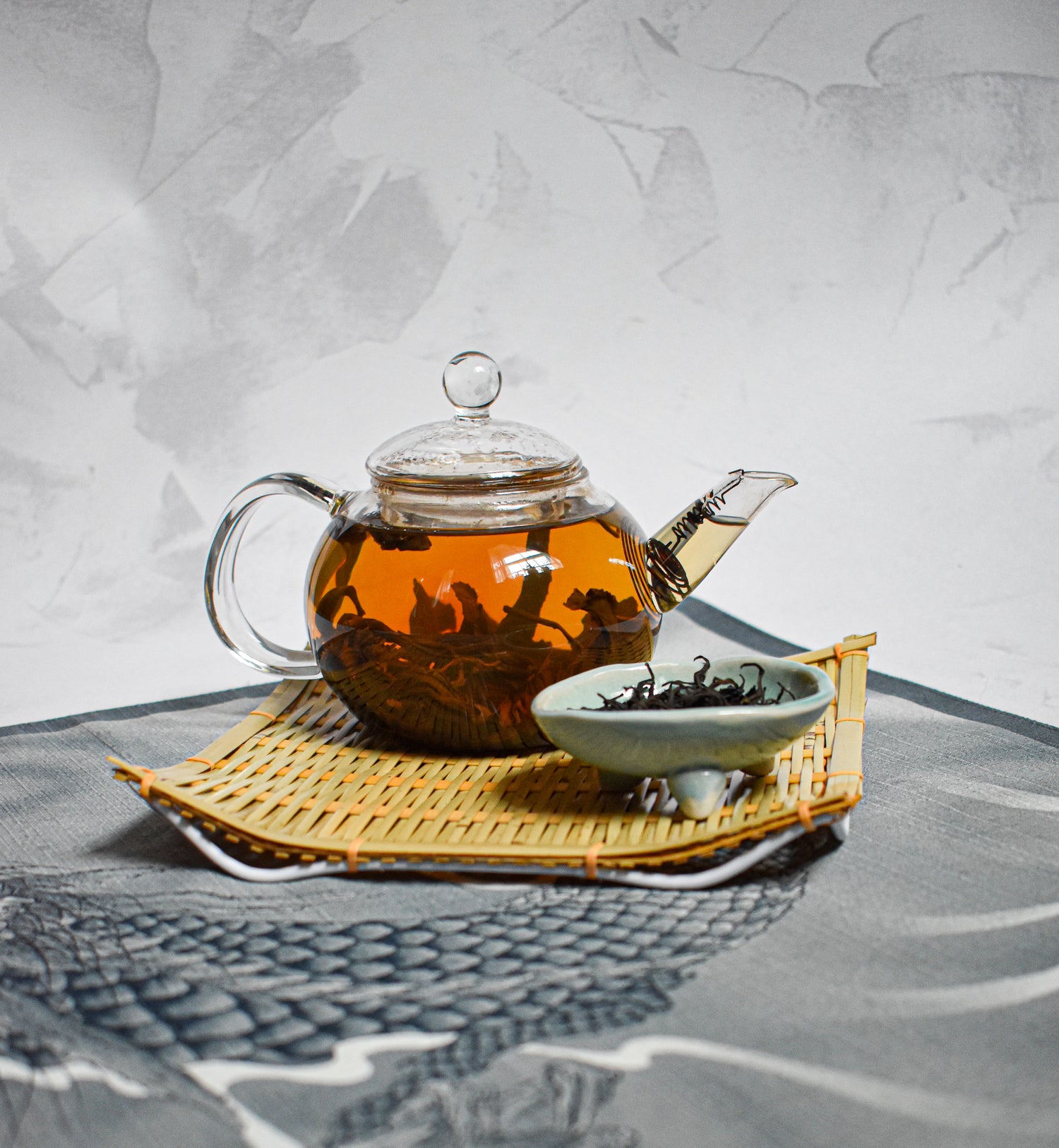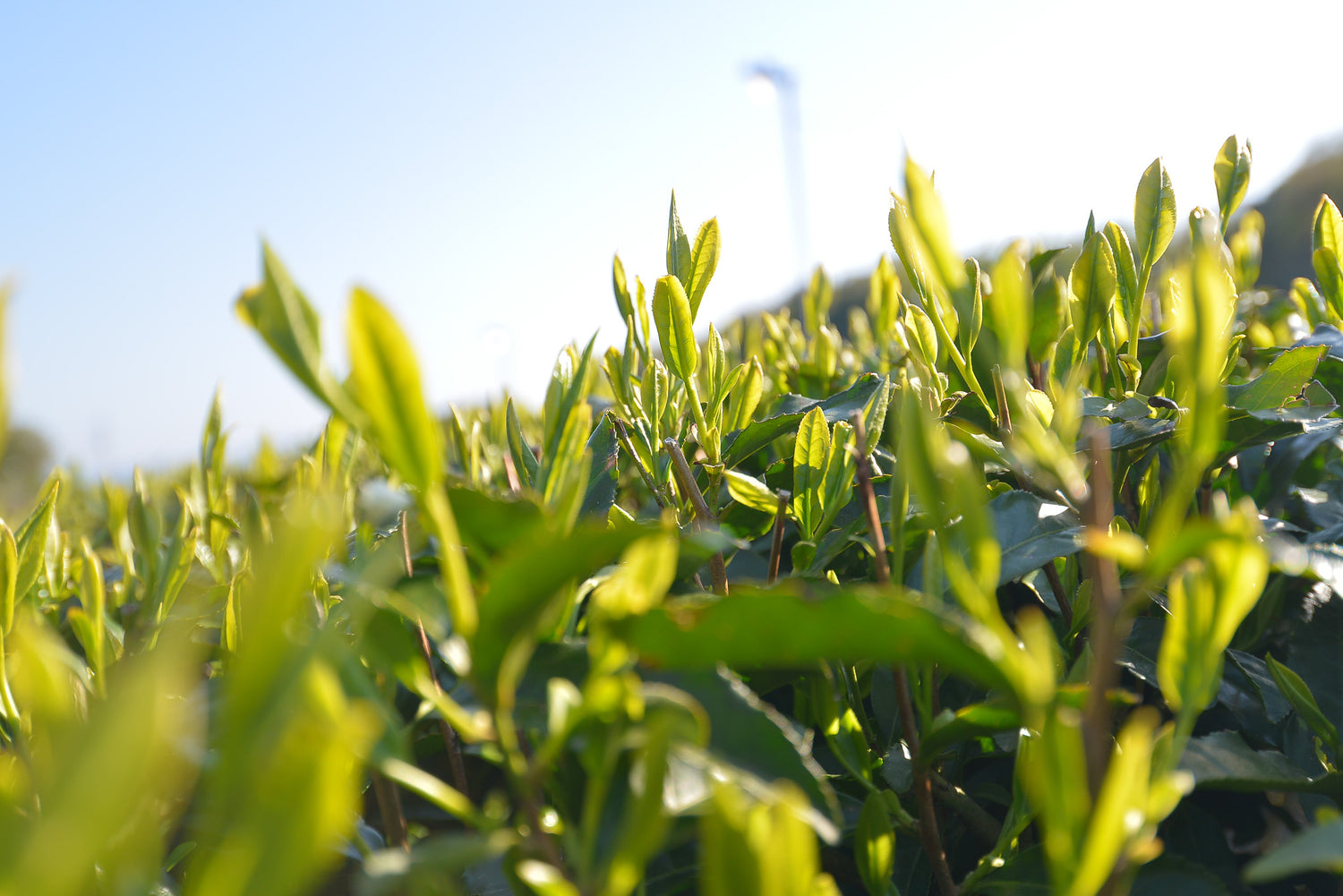-
Chiyonoen Tea Garden: Snowing Mountain Yame Benifuuki Spring Black Tea
Regular price From £2.00 GBPRegular priceUnit price per -
Chiyonoen Tea Garden: Sakura Wakocha
Regular price From £2.50 GBPRegular priceUnit price per -
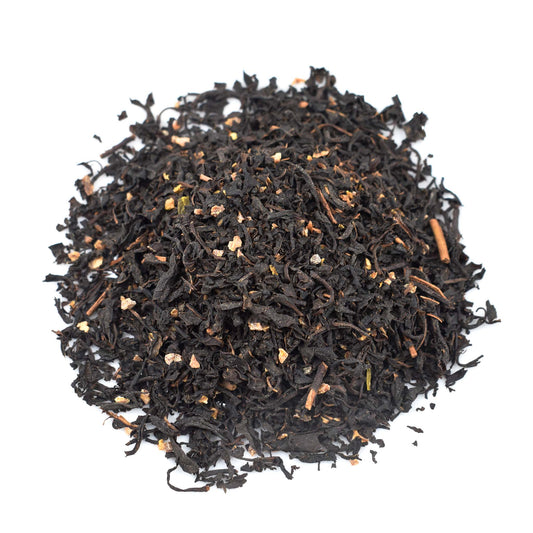 Sold out
Sold outIzumo Seicha: Yuzu Wakocha
Regular price From £2.50 GBPRegular priceUnit price per -
Oishi Tea Farm: Tsushima Yuzu Wakocha
Regular price £10.50 GBPRegular priceUnit price per -
Murakami Tea Garden: Mountain Grown First Flush Benifuuki Wakocha
Regular price £10.00 GBPRegular priceUnit price per -
Murakami Tea Garden: Mountain Grown Second Flush Saeakari Wakocha
Regular price £6.50 GBPRegular priceUnit price per -
Kaneroku Matsumoto-en: Sakura Wood Smoked Wakocha
Regular price £6.00 GBPRegular priceUnit price per -
Kaneroku Matsumoto-en: Fig Wood Smoked Wakocha
Regular price £6.00 GBPRegular priceUnit price per -
Tarui Tea Farm: Aged Karabeni Shizuoka Wakocha
Regular price £8.50 GBPRegular priceUnit price per -
Koukien Tea Garden: Hoji-Wakocha, Roasted Black Tea
Regular price £7.50 GBPRegular priceUnit price per -
Azuma Tea Garden: First Flush Asahi Wakocha
Regular price £14.00 GBPRegular priceUnit price per -
Yusando: Full Moon Wakocha
Regular price £8.50 GBPRegular priceUnit price per -
Kento Inoue: Naturally Grown First Flush Benifuuki Wakocha
Regular price £13.00 GBPRegular priceUnit price per
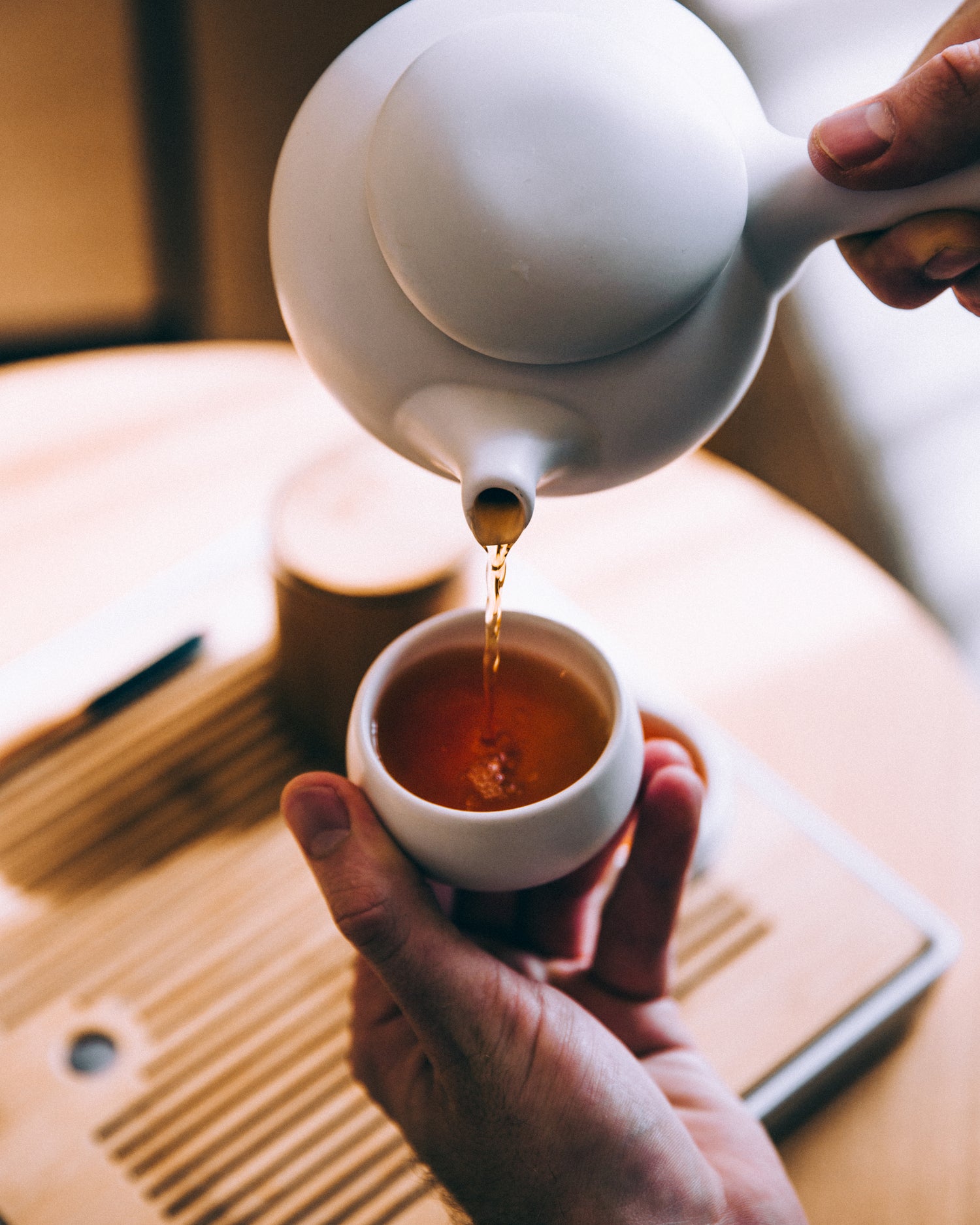
What's the difference between Wakocha and Black Tea produed in other areas of the world?
In many of the major black tea producing areas of the world farmers typically create their black teas using the Camellia Sinensis Assamica genus of the tea plant which has higher levels of tannin and astringency that create strong and robust flavours that are suitable for mixing with milk or sugar.
Most Japanese tea farmers however create their black teas from the same plants they use to make their green teas. These cultivars usually stem from the Camelia Sinensis Sinensis variety of the tea plant. The result is that the black tea created in Japan has much fewer tannins and astringency with delicate, fragrant aromas and light mouthfeel.
How is black tea processed?
Black tea can be produced from any season, spring through to winter from many cultivars. The processing however, is very different to other Japanese teas that are harvested and then immediately steamed or pan fired to prevent oxidation. In black tea production the aim is to fully oxidise the tea to bring out different flavours profiles from the green counterpart.
-
Withering
Tea leaves are harvested and then allowed to wither. This can take around 16 hours. The withering helps to bring out the fragrance of the tea cultivar before being fully oxidised.
-
Kneading
Once withered the leaves are soft enough to be kneaded and rolled without breaking. This process speeds up the oxidation before they are dried and stored.
-
Sorting
The leaves will then be filtered to stop them sticking and clumping before going through a second round of kneading before being left to fully oxidise. The oxidation process changes the leaves colour bringing on the characteristic reddish brown appearance.
-
Drying
The leaves are then left to mature. Unlike many green teas, black teas improve with age. The ageing helps to mellow out astringency and develop the characteristic flavours within the tea.
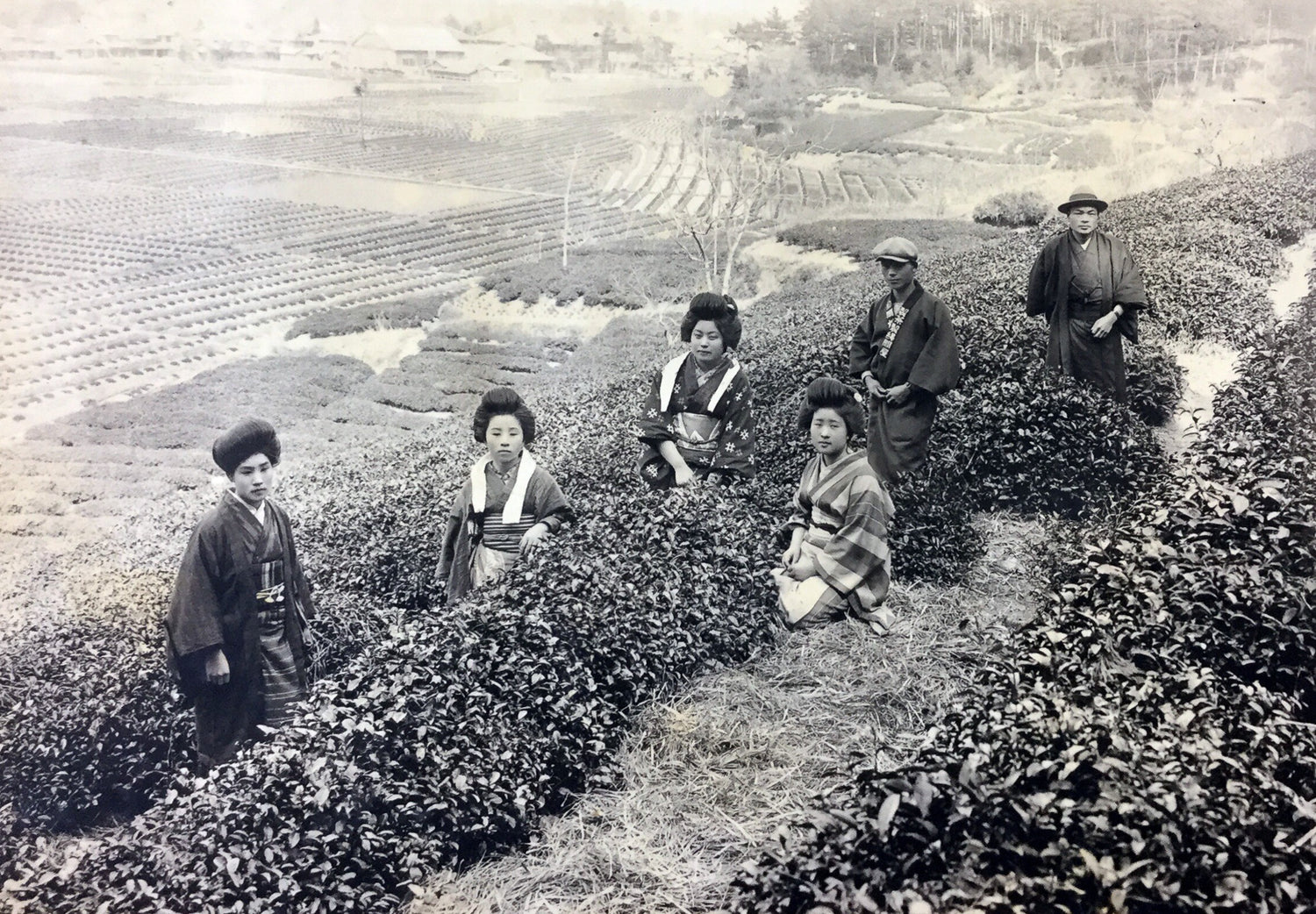
Black Tea History in Japan:
Black tea was first produced in Japan during the Meiji Restoration around 150 years ago when Japan opened it’s doors to international trade.
The opening of trade meant that new techniques in production were developed meet the demands of both popular flavours in foreign lands and to also to address the issues of storage on long voyages.
This high demand did not last into the 20th Century when exports dwindled as a result of the World Wars. The domestic Japanese palate prefers umami rich green teas and so most black tea production ceased to exist.
Now black tea is once again becoming popular and today we see more and more tea farmers venturing into the world of black tea production once again.
Health Benefits Of Wakocha?
Like other black teas, Wakōcha is high in polyphenols, a type of antioxidant that can help remove free radicals and decrease cell damage in the body.
-
Black tea has higher levels of catechins that give tea it’s astringency. These catechins are known to help regulate blood pressure, aid weight loss and protect the brain.
-
Wakocha also has higher levels of tannin than green tea. Tannins are known to have anti-inflammatory benefits in the body.
-
Black tea also contains caffeine and L-theanine which helps to aid focus and improve alertness.

